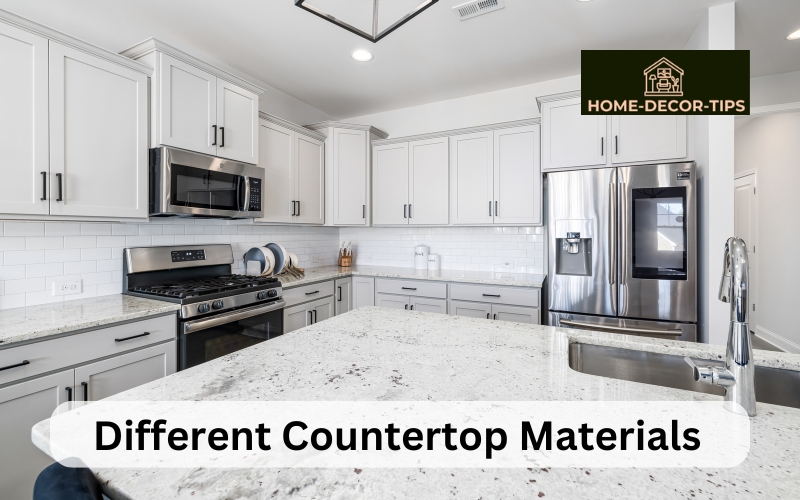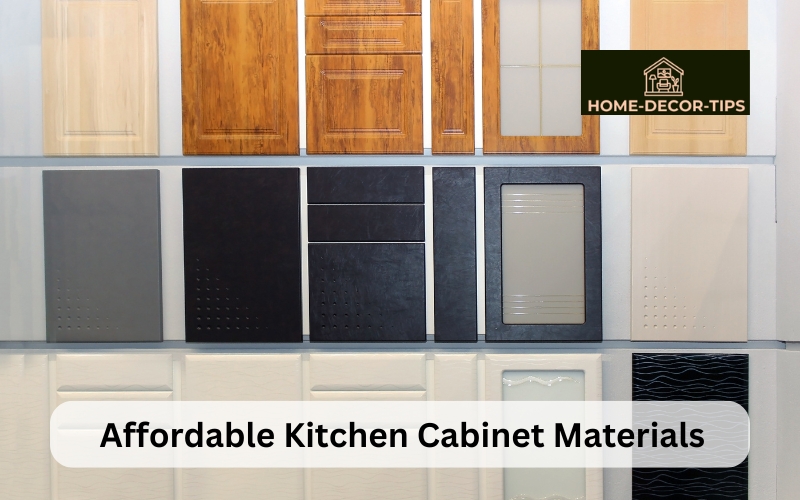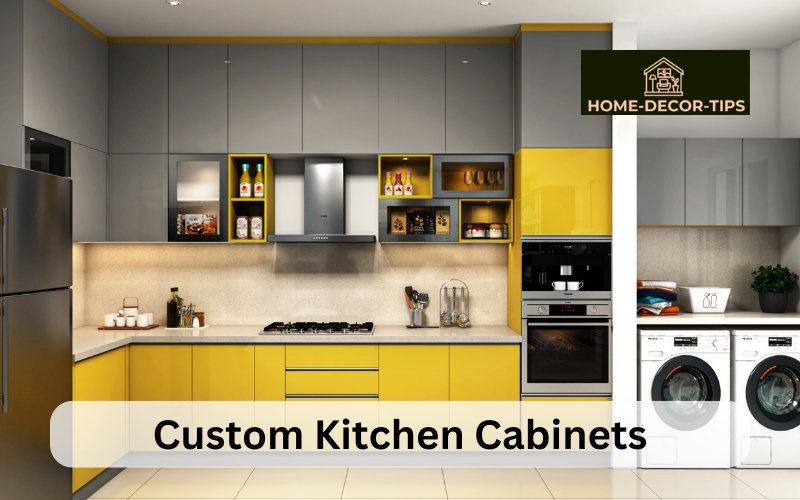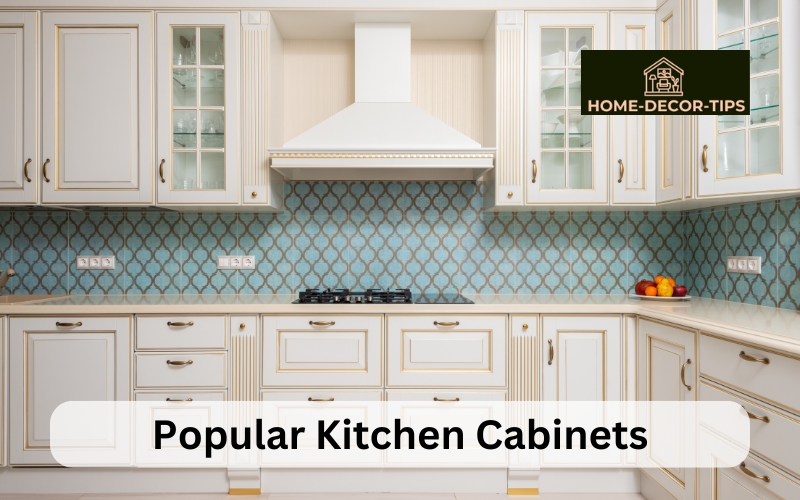The Pros and Cons of Different Countertop Materials

Choosing the right countertop material for your kitchen or bathroom is a significant decision that can impact both the aesthetics and functionality of the space. With a wide array of options available, each with its own unique characteristics, it’s essential to consider the pros and cons of different countertop materials before making a final decision. Here’s a breakdown of some popular countertop materials:
Granite:
Pros:
- Durable and heat-resistant, making it suitable for high-traffic areas and hot pans.
- Available in a wide range of colors and patterns, providing versatility in design.
- Adds value to the home and is considered a premium countertop material.
Cons:
- Requires periodic sealing to prevent staining and etching.
- Can be relatively expensive compared to other materials.
- Heavy and may require additional support for installation.
Quartz:
Pros:
- Low maintenance and non-porous, making it resistant to stains, bacteria, and scratches.
- Available in a wide variety of colors and patterns, including options that mimic the look of natural stone.
- Durable and long-lasting, with minimal maintenance required.
Cons:
- More expensive than some other materials, such as laminate or tile.
- Not heat-resistant, so caution should be exercised with hot pans and utensils.
- Can be prone to discoloration if exposed to direct sunlight over time.
Marble:
Pros:
- Timeless and elegant appearance, with unique veining and patterns in each slab.
- Naturally cool surface, making it ideal for baking and pastry work.
- Adds a luxurious aesthetic to any kitchen or bathroom.
Cons:
- Porous and prone to staining, scratching, and etching from acidic substances.
- Requires regular sealing and maintenance to preserve its appearance.
- Relatively expensive and may not be as durable as other materials in high-traffic areas.
Laminate:
Pros:
- Affordable and budget-friendly option for countertops.
- Available in a wide range of colors, patterns, and textures, including options that mimic the look of natural stone.
- Easy to clean and maintain, with no sealing required.
Cons:
- Susceptible to scratches, burns, and water damage if not properly cared for.
- Less heat-resistant than natural stone or quartz countertops.
- May have visible seams and edges, detracting from a seamless appearance.
Butcher Block:
Pros:
- Warm and natural appearance, adding warmth and character to the kitchen.
- Durable and easy to repair, with scratches and dents easily sanded out.
- Provides a functional surface for food preparation and chopping.
Cons:
- Requires regular maintenance, including oiling and sealing, to prevent drying, staining, and warping.
- Not heat-resistant, so caution should be exercised with hot pans and dishes.
- Susceptible to water damage if not properly sealed and maintained.
Concrete:
Pros:
- Highly customizable in terms of shape, color, and texture, allowing for unique design possibilities.
- Durable and resistant to heat, scratches, and stains when properly sealed.
- Can be cast in place or precast off-site, offering flexibility in installation options.
Cons:
- Requires professional installation due to its weight and specialized techniques.
- Prone to cracking and chipping if not properly reinforced during installation.
- Regular sealing is necessary to maintain its appearance and prevent staining.
When selecting a countertop material, it’s essential to consider factors such as durability, maintenance requirements, aesthetic preferences, and budget constraints. By weighing the pros and cons of different materials, you can make an informed decision that meets your needs and enhances the overall look and functionality of your space.







